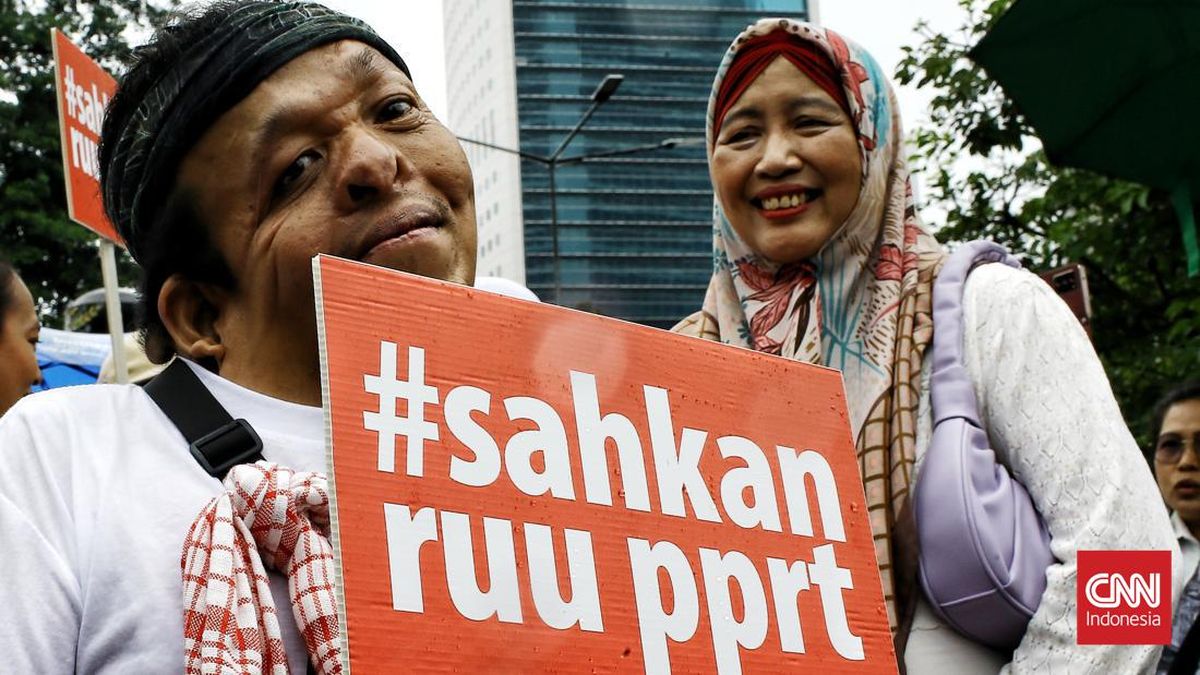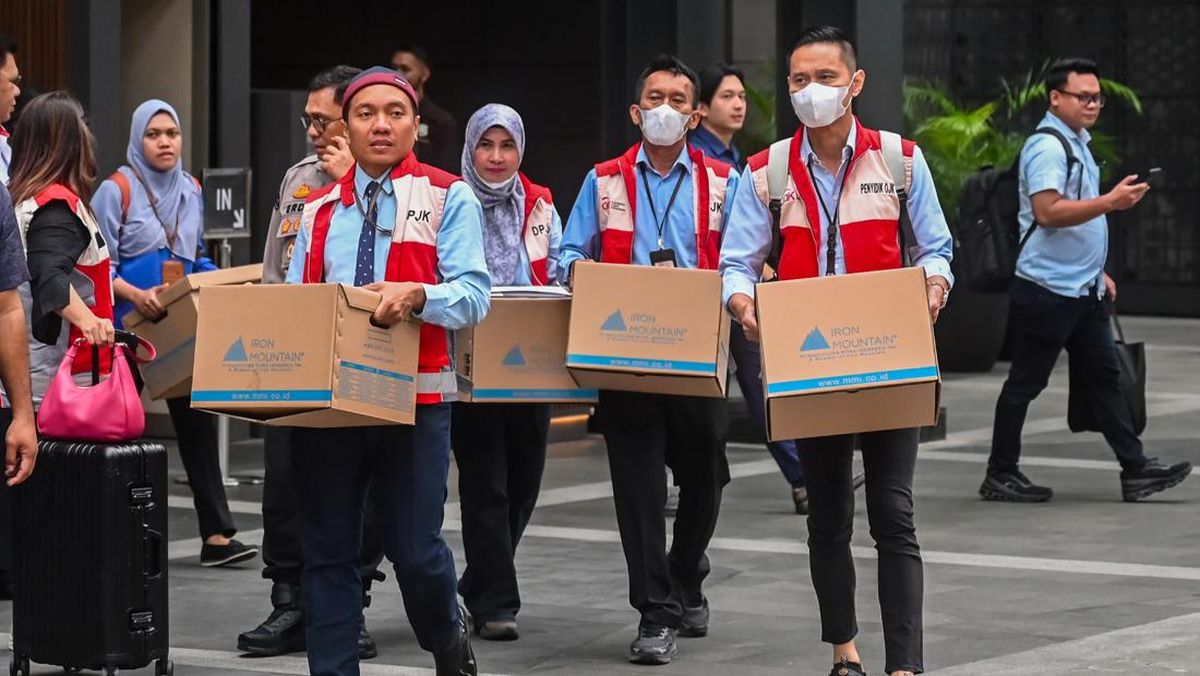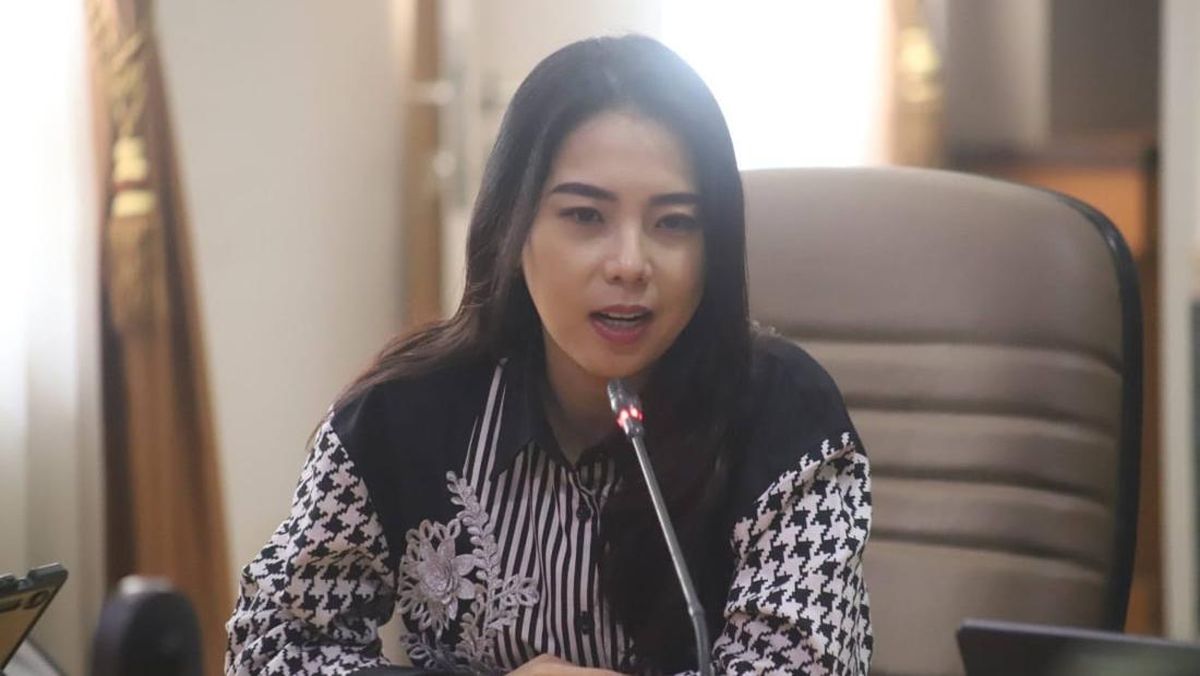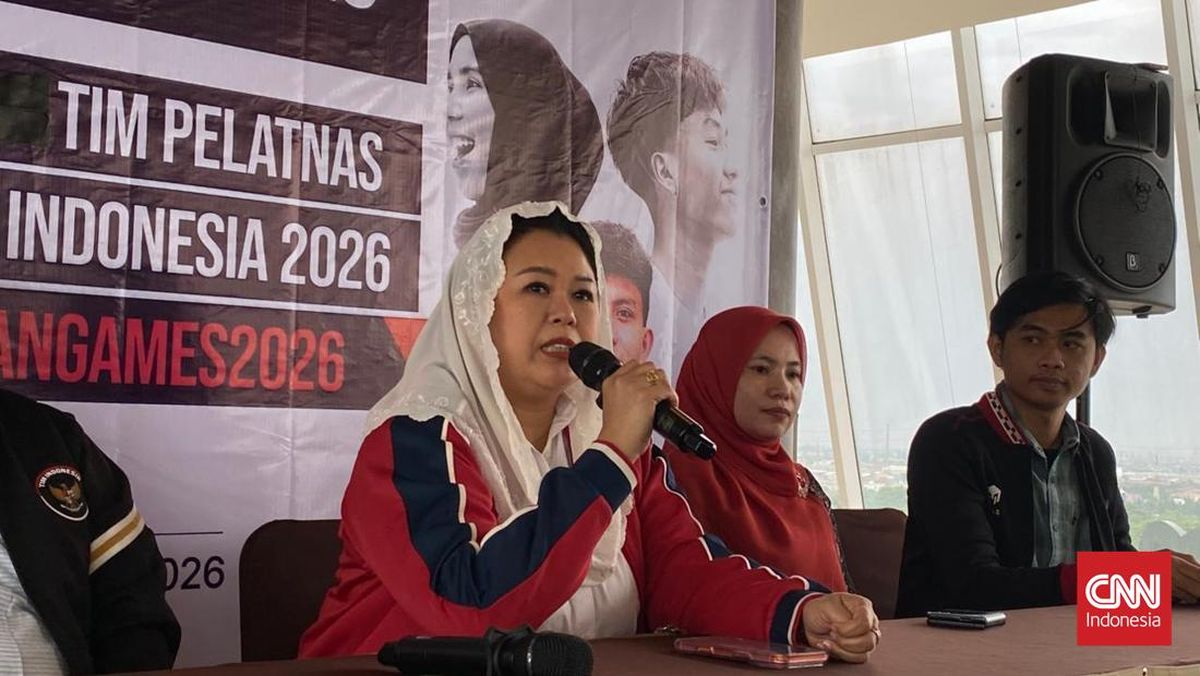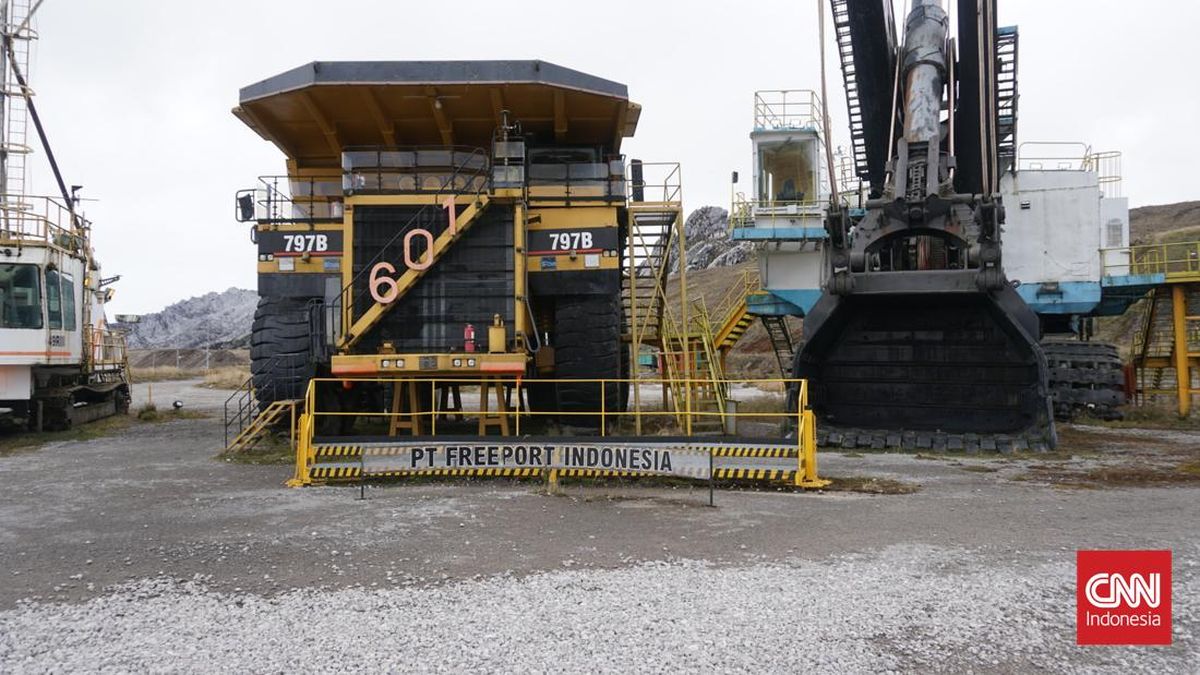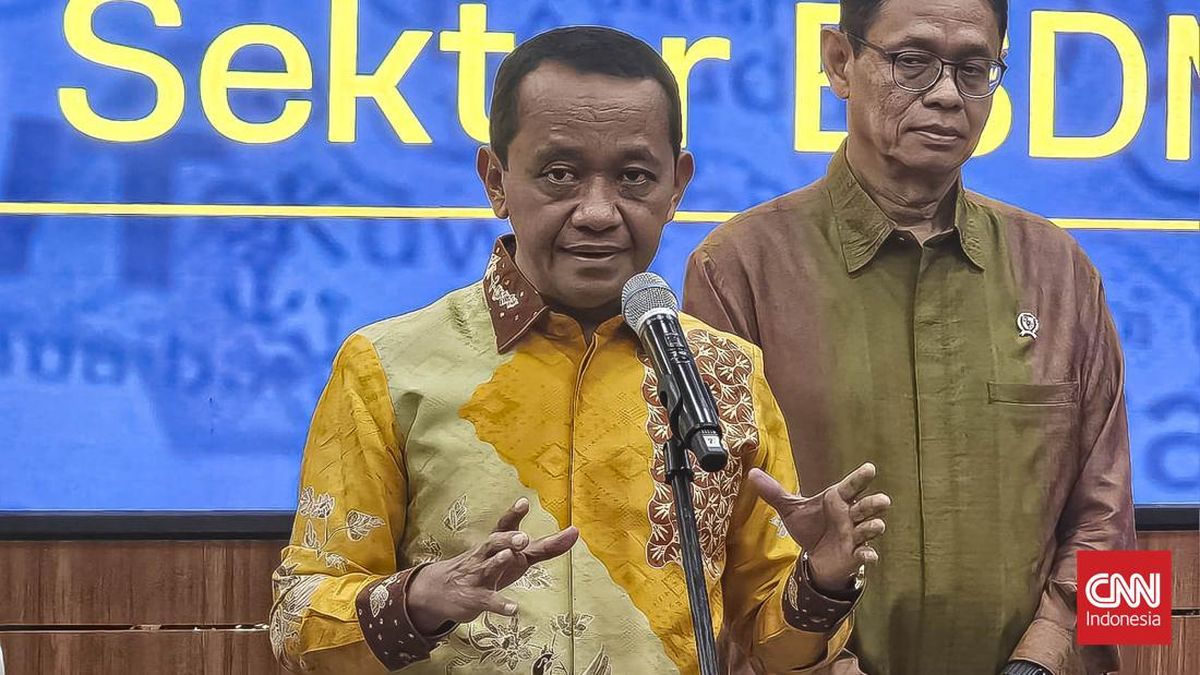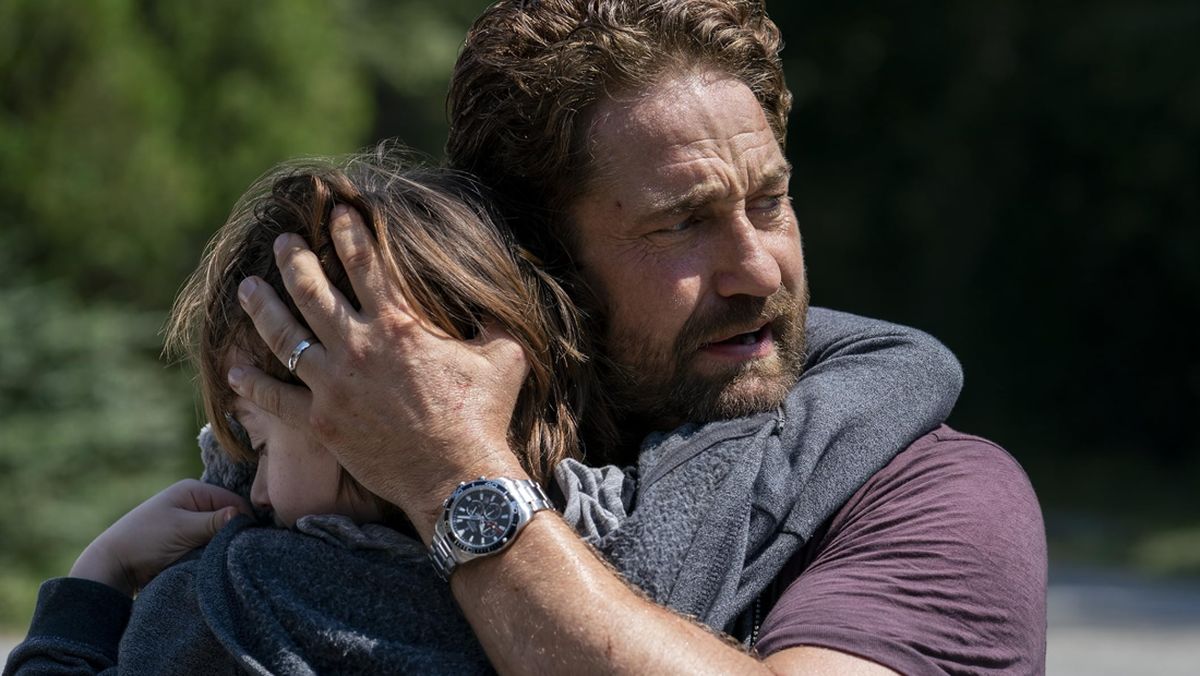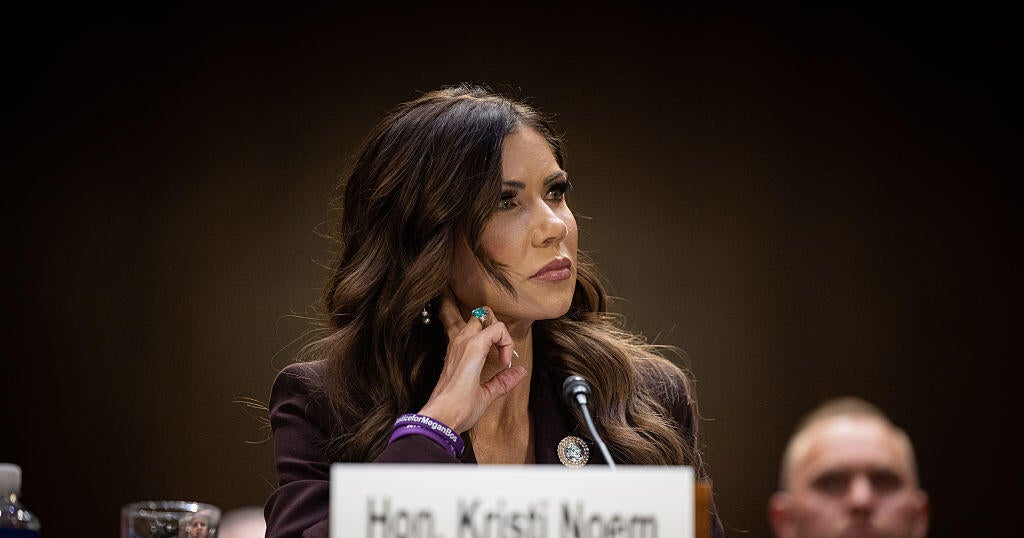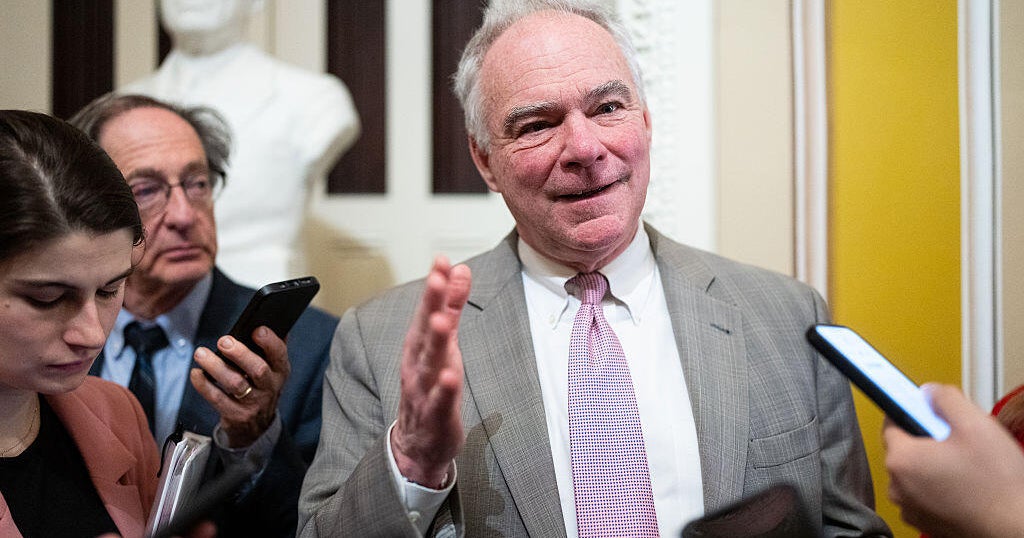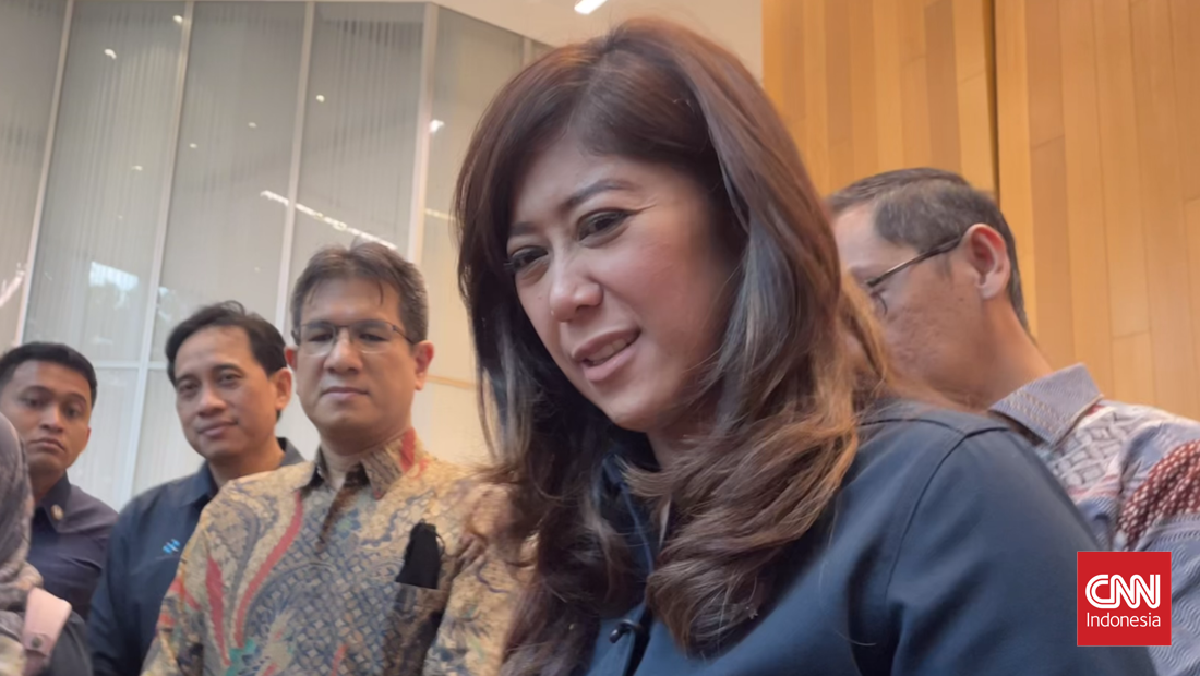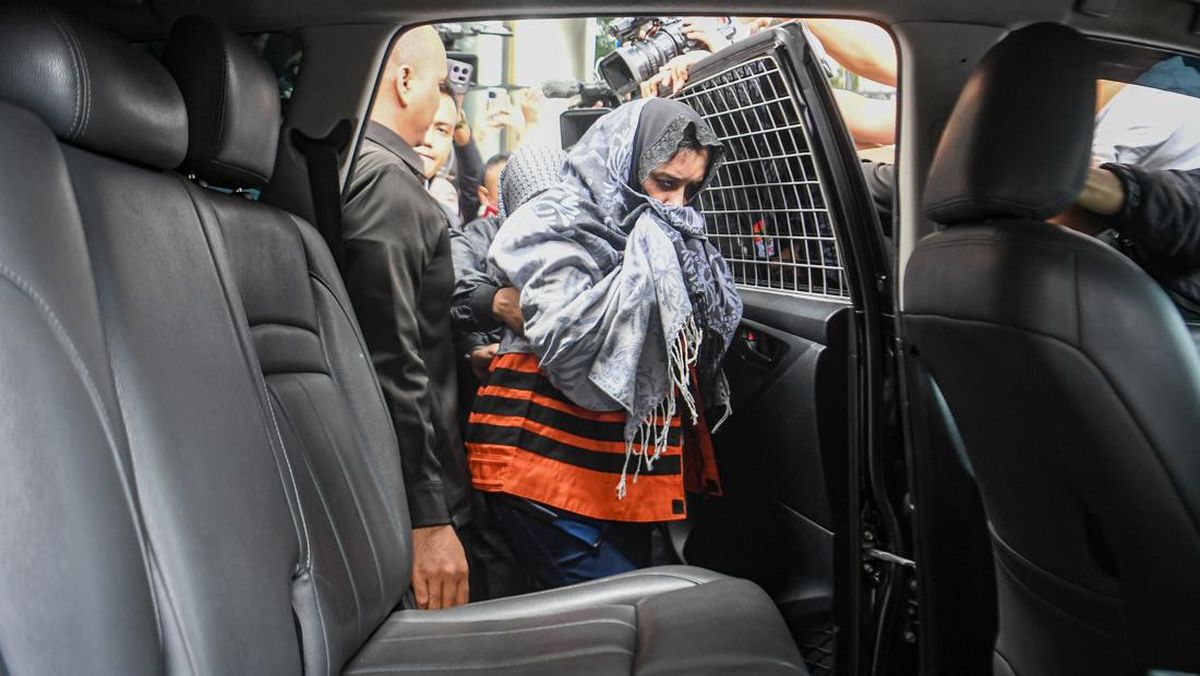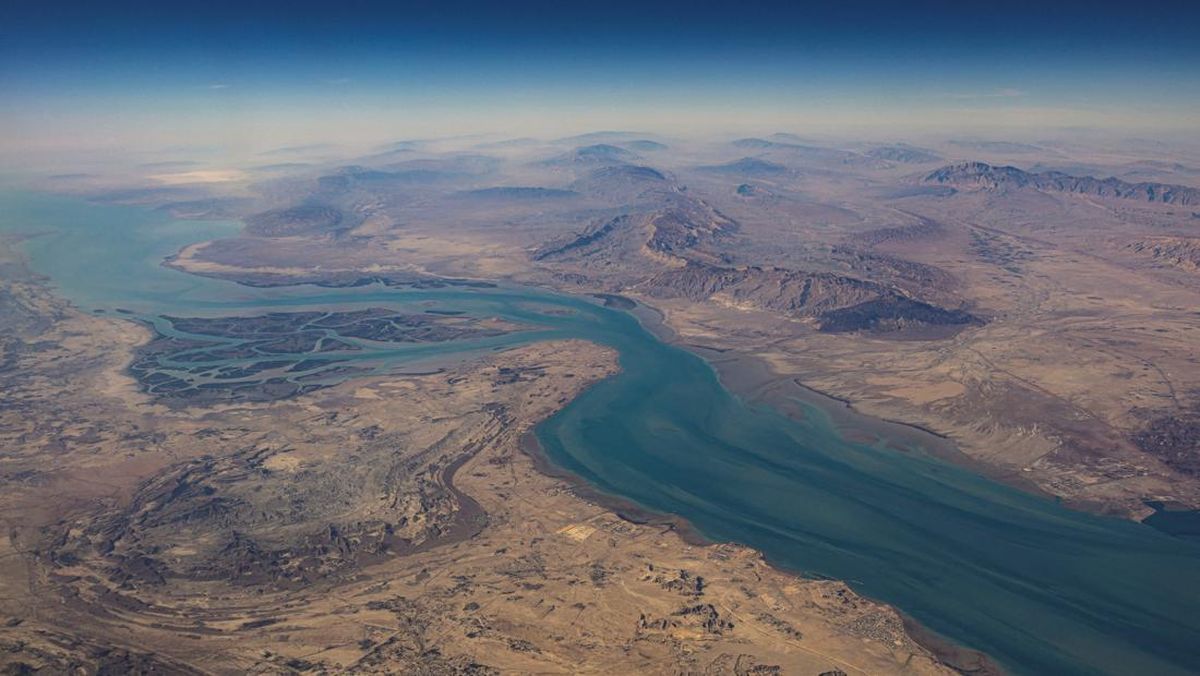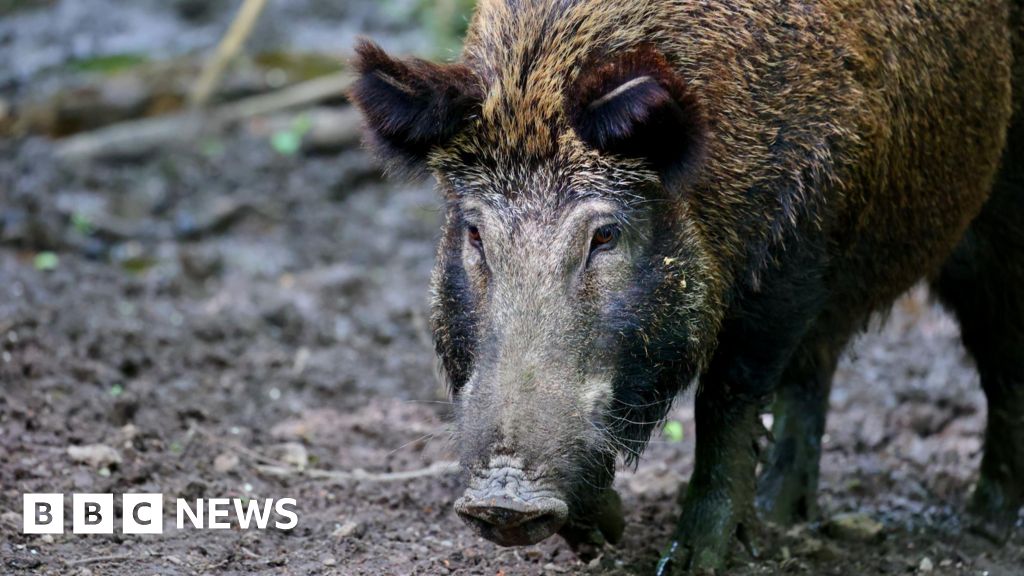Young people are more likely than their older counterparts to believe they could not be friends with people who hold differing political views, while just 65 per cent of Australians are confident in the country’s election results.
That’s according to a survey of 4000 Australians by the McKinnon Institute, conducted as part of its McKinnon Index: a measure of trust in leaders, effectiveness of governments, performance of institutions, and how and why Australians engage in politics and public debate.

The results show the share of Australians who believe they could not be friends with someone of differing political views falls the older they are.Credit: iStock
A clear majority of people thought they could still be friends with people who hold political beliefs that are dissimilar to their own.
Nearly three-quarters of Australians surveyed for the new index said they disagreed with the statement that they “could not be friends with someone of differing political views”, with nearly four in five – the highest share – of people aged over 65 disagreeing with the statement.
While a majority – 54.5 per cent – of Australians aged 18 to 24 disagreed with the statement, about one in five said they neither agreed nor disagreed, and a similar share said they agreed.
Only one in 20 people aged over 65 agreed, indicating they could not be friends with someone of differing political views.
The results show the share of Australians who believe they could not be friends with someone of differing political views falls as they grow older. Those aged between 35 and 49, and 50 to 64, were only slightly less likely than those aged over 65 to indicate they could be friends with someone who does not share their political beliefs.
That is despite young Australians being the most likely age group to agree that public debate is healthy and respectful.
More broadly, three-quarters of Australians agree democracy is preferable to any other system but only about half say they are satisfied with the way it functions in Australia today.
Those who are university educated, politically engaged and earning higher incomes expressed higher satisfaction, while dissatisfaction is concentrated among those with a poor sense of belonging or severe anxiety.
Meanwhile, about 65 per cent of Australians are confident in the country’s election outcomes, according to the survey.
Confidence in election outcomes is lowest among First Nations people, those living in remote areas, and people who use social media or gaming for news, while it is highest among those based in the ACT, people with postgraduate degrees, and those who are older or on higher incomes.
Trust in state governments is also highest in the ACT, with half of its respondents indicating “high trust”, followed by Western Australia (49 per cent) and South Australia (46 per cent). Tasmanians recorded the lowest trust in their government at 29 per cent, with the research noting this was at a time when a snap election had been called in the state.
Satisfaction with the education and health systems was highest in the Northern Territory at 52 per cent and 61 per cent respectively, while Tasmanians expressed the lowest levels of satisfaction at 36 per cent and 35 per cent.
McKinnon Institute chair Mike Baird said the results showed that no state or territory gets everything right but that each demonstrated strengths in different areas.
“What is clear is that where governments and parliaments are stable, and where they consistently deliver for citizens, public confidence is higher,” he said.
Start the day with a summary of the day’s most important and interesting stories, analysis and insights. Sign up for our Morning Edition newsletter.
Most Viewed in Politics
Loading


